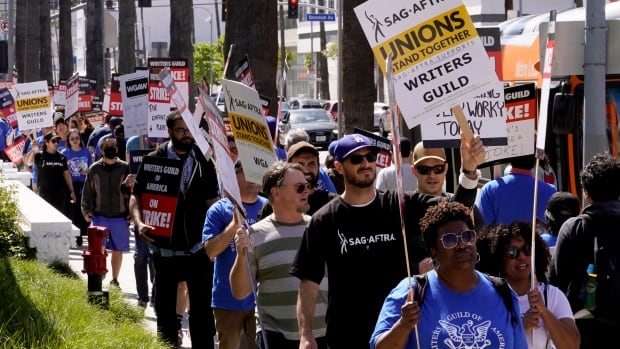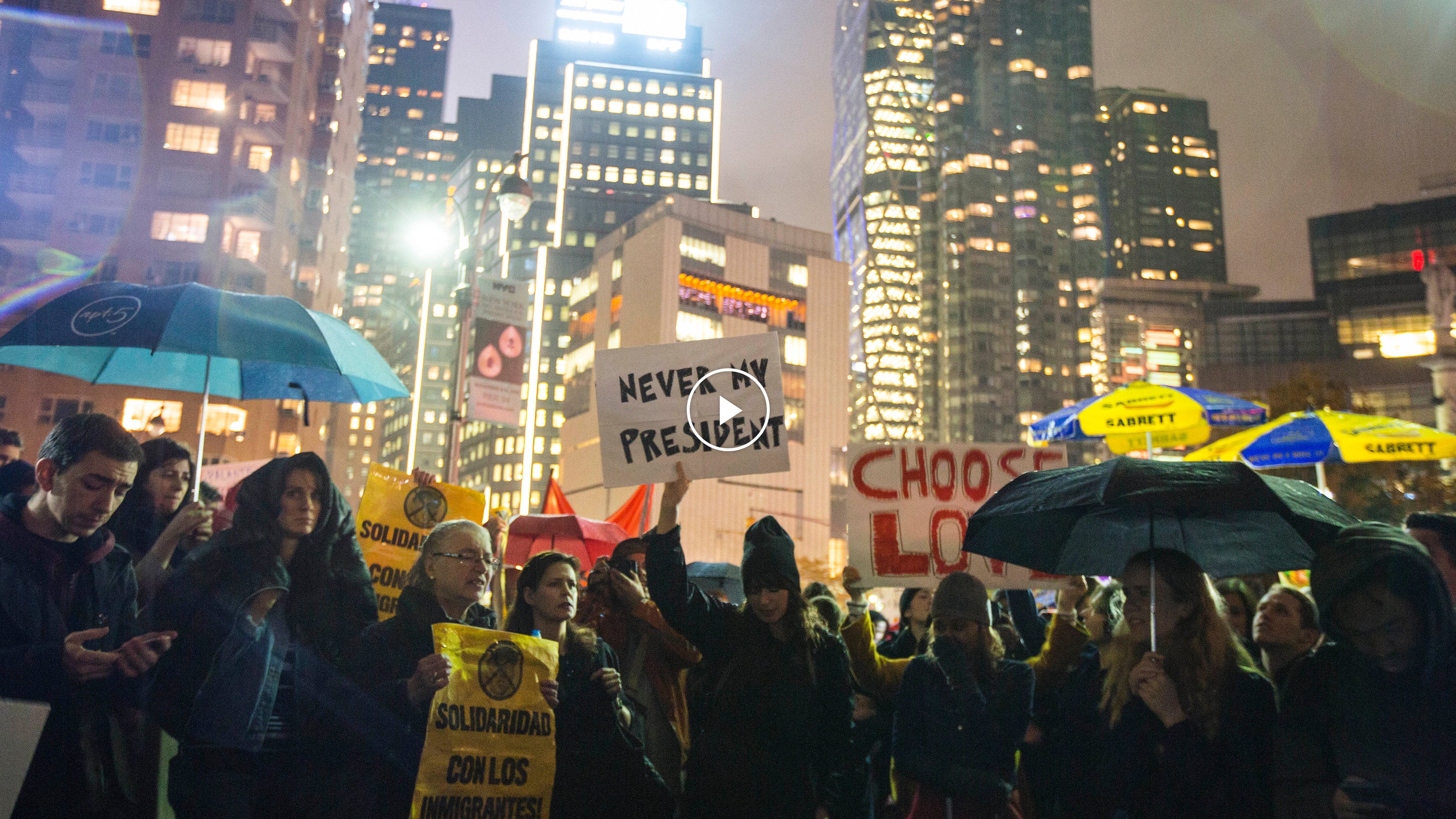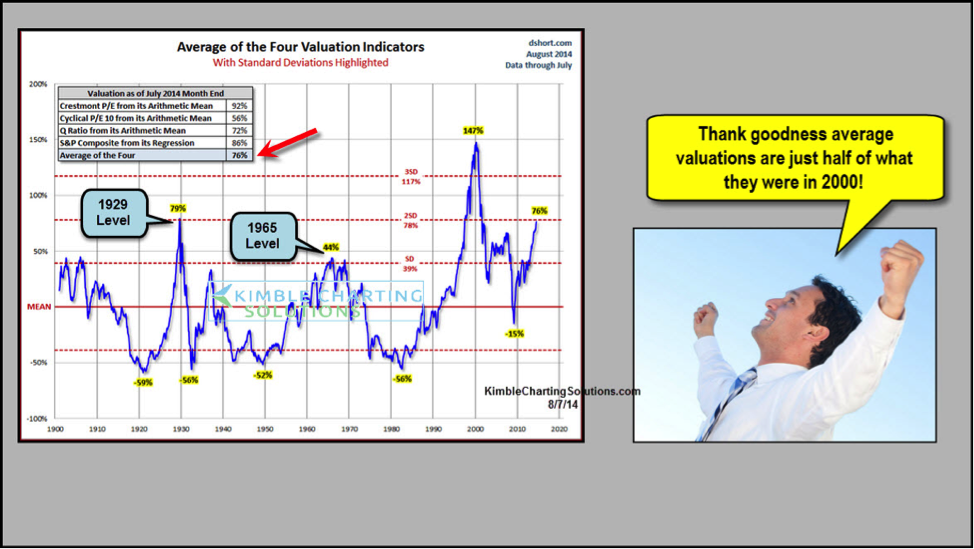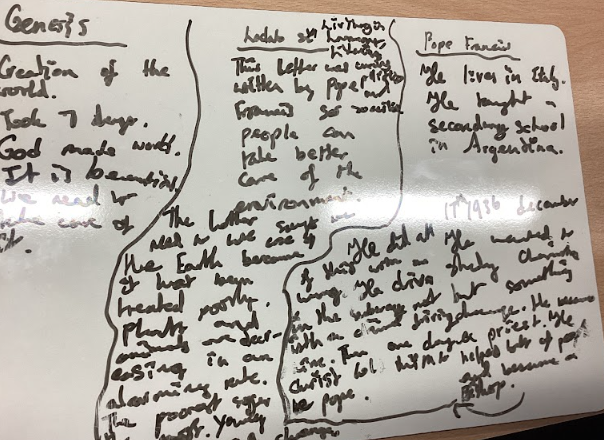Double Trouble In Hollywood: Writers And Actors Strike Brings Industry To Its Knees

Table of Contents
The Writers' Strike: Demands and Impacts
The Writers Guild of America (WGA) strike, which began in May 2023, represents a pivotal moment in the fight for fair compensation and working conditions in the entertainment industry. The strike highlights the growing disparity between the profits generated by streaming platforms and the compensation received by the writers who create the content.
Key Demands of the Writers Guild of America (WGA)
The WGA's key demands center around several crucial issues:
- Fair wages and residuals in the streaming era: Traditional residuals, payments writers receive each time their work is aired, have been drastically reduced in the streaming model. The WGA is pushing for a fairer system that reflects the increased viewership and profitability of streaming platforms.
- Protection against AI-generated content: The WGA is demanding safeguards against the use of artificial intelligence to replace human writers. This includes preventing studios from using AI to generate scripts or rewrite existing work without proper compensation.
- Improved working conditions: The WGA is advocating for better working conditions, including minimum staffing levels on productions and an end to the practice of "mini-rooms," which often leads to overworked and underpaid writers.
Here are some specific demands and their rationale:
- Increased minimum staffing: More writers on staff means fairer workload distribution and higher quality scripts.
- Transparent streaming revenue sharing: Writers need access to data to ensure they're fairly compensated for their contributions.
- Ban on AI-generated scripts: Protecting writers' jobs and creative integrity is paramount.
Impact on Television and Film Production
The writers' strike has already resulted in significant delays and cancellations across the entertainment landscape:
- Delays and cancellations of numerous projects: Many television shows and films have been indefinitely postponed, impacting production schedules and release dates.
- Financial losses for studios and production companies: The standstill in production represents substantial financial losses for studios and production companies.
- Ripple effects on related industries: The strike has also impacted numerous related industries, including catering, transportation, and post-production services.
Examples of projects impacted include:
- Several late-night talk shows went dark.
- Numerous network television series experienced production delays.
- Several film projects were put on hold indefinitely.
Long-Term Effects of the Writers' Strike on Content Creation
The long-term effects of the writers' strike could be profound:
- Potential for a shortage of high-quality scripted content: The prolonged strike could lead to a significant shortage of new scripted content across all platforms.
- Shift in production models and creative approaches: The strike may force studios to reconsider their production models and potentially lead to a greater emphasis on unscripted programming.
- Impact on future writers and their opportunities: The strike could negatively impact the career prospects of aspiring writers, reducing opportunities for entry into the industry.
The Actors' Strike: SAG-AFTRA's Fight for Fair Treatment
The Screen Actors Guild - American Federation of Television and Radio Artists (SAG-AFTRA) joined the picket lines, further escalating the crisis. SAG-AFTRA's strike mirrors many of the concerns raised by the WGA, emphasizing the need for fair compensation in the age of streaming and protection against AI.
Key Demands of the Screen Actors Guild - American Federation of Television and Radio Artists (SAG-AFTRA)
SAG-AFTRA's key demands include:
- Fair wages and residuals, especially in the streaming era: Actors are demanding fairer compensation for their work on streaming platforms, mirroring the WGA's concerns about the disparity between platform profits and actor pay.
- Protection against the misuse of AI: SAG-AFTRA is seeking protections against the unauthorized use of actors' likenesses and performances through AI technology.
- Improved health and pension benefits: The union is advocating for improvements to its members' health and pension benefits, particularly for those whose income has been impacted by the changing industry landscape.
Specific demands highlighted include:
- Higher minimum wages for streaming projects: Ensuring actors are fairly compensated for their work regardless of platform.
- Self-tape restrictions: Addressing concerns about exploitation and unpaid work.
- Stronger AI protections: Preventing the unauthorized use of actors' likenesses and performances in AI-generated content.
Impact on Film and Television Production
The actors' strike brought about a near-complete shutdown of many productions:
- Complete halt to many productions: With both writers and actors on strike, the vast majority of film and television productions have come to a standstill.
- Loss of income for actors and crew members: The strike has resulted in significant income losses for actors and numerous crew members.
- Negative impact on marketing and promotion efforts: The lack of actors participating in promotional events has impacted marketing campaigns for upcoming releases.
Examples of impacted projects include:
- Major studio films halted production indefinitely.
- Television series premieres were delayed or cancelled.
- Award shows and promotional events were disrupted.
The Actors' Strike and the Future of the Acting Profession
The actors' strike highlights anxieties about the future of the profession:
- Concerns about the changing landscape of acting work: The rise of streaming and AI presents challenges to traditional acting roles and compensation models.
- The increasing use of AI and its implications: The use of AI to generate realistic digital actors threatens the livelihood and job security of many actors.
- The future of acting roles and the union's ability to protect its members: SAG-AFTRA's ability to successfully negotiate fair terms and protect its members' interests will significantly impact the future of the acting profession.
The Combined Impact of the Writers and Actors Strike
The simultaneous strike by writers and actors represents an unprecedented event in Hollywood history.
Unprecedented Double Whammy
- The historical significance of this simultaneous strike: This is the first time in decades that both writers and actors have simultaneously gone on strike, highlighting the significant concerns within the industry.
- The sheer magnitude of its impact on the industry: The combined impact of the strike has brought the entertainment industry to a near standstill, with far-reaching consequences.
- The potential for long-lasting consequences: The long-term effects of this dual strike could reshape the industry's landscape for years to come.
Negotiations and Potential Resolutions
Negotiations between the unions and the Alliance of Motion Picture and Television Producers (AMPTP) are ongoing, with key sticking points including fair compensation in the streaming era, AI usage, and residuals. Potential resolutions range from compromises on existing models to the implementation of entirely new compensation structures for digital content.
The Economic Fallout of the Dual Strikes
The economic implications extend beyond Hollywood:
- Impact on related businesses and local economies: The strike has negatively impacted numerous businesses and local economies reliant on Hollywood's productions.
- Financial repercussions for studios, networks and streaming platforms: The prolonged strike represents substantial financial losses for studios, networks and streaming platforms.
Conclusion: Navigating the Double Trouble in Hollywood
The writers and actors strike has brought unprecedented challenges to the entertainment industry. The key demands of both the WGA and SAG-AFTRA center around fair compensation in the streaming era, protection against AI, and improved working conditions. The impact is substantial, impacting production schedules, causing significant financial losses, and raising concerns about the future of creative work in Hollywood. The long-term consequences remain uncertain, but the strike underscores the need for fundamental changes in how the industry operates. Stay tuned for updates on this unprecedented writers and actors strike and its eventual resolution. The future of Hollywood hangs in the balance.

Featured Posts
-
 The Price Of Trumps Economic Nationalism
Apr 22, 2025
The Price Of Trumps Economic Nationalism
Apr 22, 2025 -
 Pope Franciss Legacy The Conclaves Crucial Test
Apr 22, 2025
Pope Franciss Legacy The Conclaves Crucial Test
Apr 22, 2025 -
 Anti Trump Protests Sweep The Us Citizen Voices
Apr 22, 2025
Anti Trump Protests Sweep The Us Citizen Voices
Apr 22, 2025 -
 Stock Market Valuations Bof A Explains Why Investors Shouldnt Worry
Apr 22, 2025
Stock Market Valuations Bof A Explains Why Investors Shouldnt Worry
Apr 22, 2025 -
 Analyzing Pope Franciss Legacy Through The Lens Of The Next Papal Election
Apr 22, 2025
Analyzing Pope Franciss Legacy Through The Lens Of The Next Papal Election
Apr 22, 2025
Latest Posts
-
 Go Compare Advert Wynne Evans Departure After Strictly
May 10, 2025
Go Compare Advert Wynne Evans Departure After Strictly
May 10, 2025 -
 Strictly Scandal Leads To Wynne Evans Go Compare Dismissal
May 10, 2025
Strictly Scandal Leads To Wynne Evans Go Compare Dismissal
May 10, 2025 -
 Go Compare Axe Wynne Evans Following Strictly Controversy
May 10, 2025
Go Compare Axe Wynne Evans Following Strictly Controversy
May 10, 2025 -
 Wynne Evans Seeks To Clear His Name With Fresh Evidence In Strictly Scandal
May 10, 2025
Wynne Evans Seeks To Clear His Name With Fresh Evidence In Strictly Scandal
May 10, 2025 -
 Wynne Evans Faces Accusations Receives Public Backing
May 10, 2025
Wynne Evans Faces Accusations Receives Public Backing
May 10, 2025
